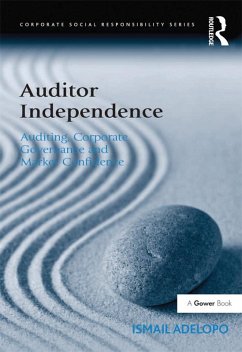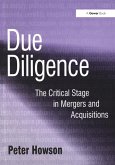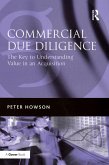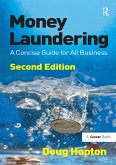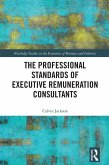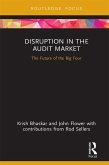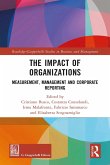Auditors' independence has been called into question in the light of their being complicit in some of the corporate misbehaviour exposed in recent years. Here, the author examines the historical role of auditing in corporate governance and the regulatory context. He sets the function within a theoretical framework and then provides empirical analysis of problem issues such as the relationship between audit committees and external auditors and the probity of providing non-auditing services to audit clients. The focus on matters that are damaging to market confidence and threatening to the reputation of the auditing profession, means the conclusions and recommendations in this book are important for key stakeholders, including policy makers, regulators, those running companies, and their investors and customers. This is also a book for those responsible for training in the auditing profession and for others with a research or academic interest in the matters addressed.
Dieser Download kann aus rechtlichen Gründen nur mit Rechnungsadresse in A, B, BG, CY, CZ, D, DK, EW, E, FIN, F, GR, HR, H, IRL, I, LT, L, LR, M, NL, PL, P, R, S, SLO, SK ausgeliefert werden.

